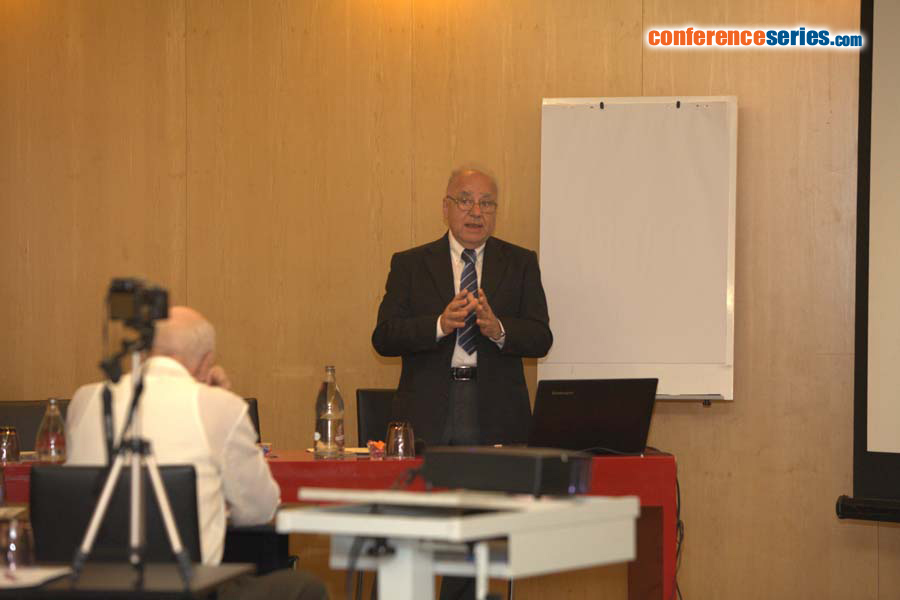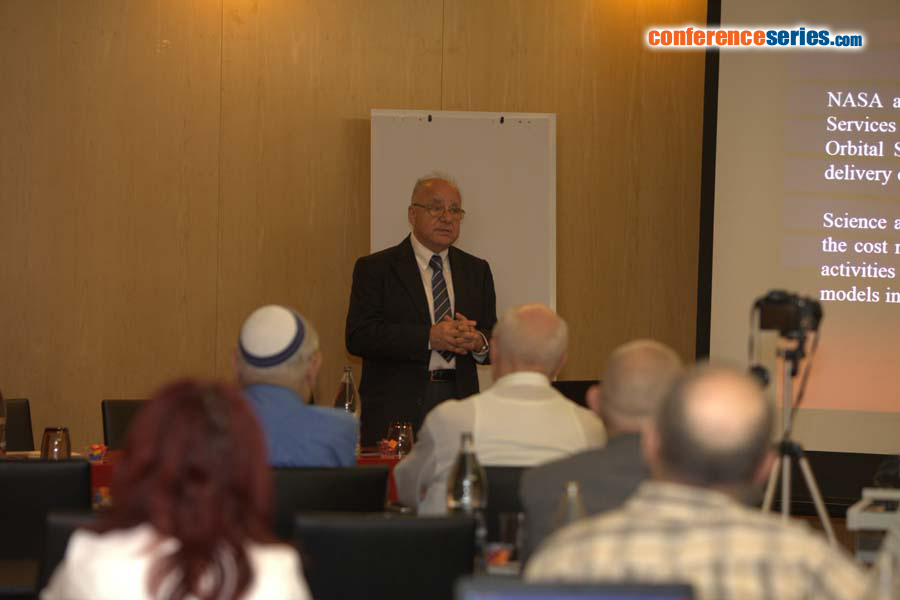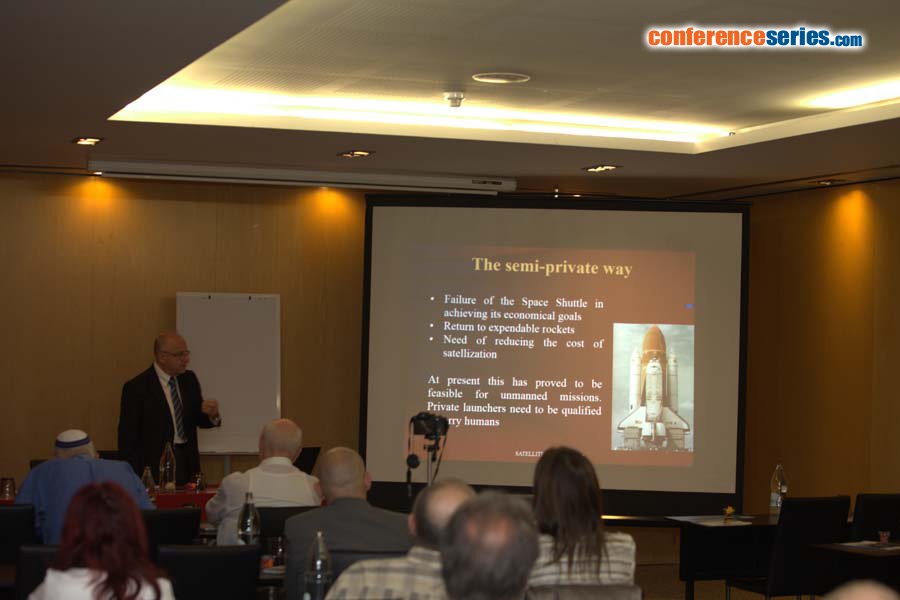
Giancarlo Genta
Politecnico di Torino
Italy
Title: Space Exploration: A matter for Governments or for private operators?
Biography
Biography: Giancarlo Genta
Abstract
Initially space exploration was based on a direct involvement of governments. The main reasons were the general cold war climate, the programmatic non-existence of a private sector in one of the main actors (the Soviet Union) and perhaps also the novelty of this enterprise, allowing to forecast that its cost was beyond the possibilities of any private organization.
Consequently, the main international treaties dealing with this subject were heavily influenced by the belief that states were the actors in space and that exploration could be peaceful only if everything of value existing beyond Earth was considered as belonging to humankind in general, and could be exploited, if at all, in the interest of all.
Space activity allowed the development of a space industry. The governmental agencies (and the military) were the customers of these companies, and managed the missions directly. Slowly, a new model started emerging, with space agencies not dealing with all kinds of space activities, leaving all the industrial ones, in particular telecommunication, metereological and Earth resources satellites, to private companies, concentrating on their main business, namely science and exploration.
Later, starting with 2000, the idea that also in science and exploration missions space agencies should buy many services from private companies emerged, with transportation to LEO operated by privates. The launchers for scientific and exploration missions should not only be built, but also studied, designed and operated by privates.
Exploration missions could be completely run by private enterprises that decide their goals, recruit the crew (if any), build the equipment, operate the mission and finally own the outcome, of whichever nature it is.
Private exploration is possible only if the outcome of the mission is lucrative enough to justify the investments and the risks, like it was the case of the sea exploration journeys of the sixteenth Century.







